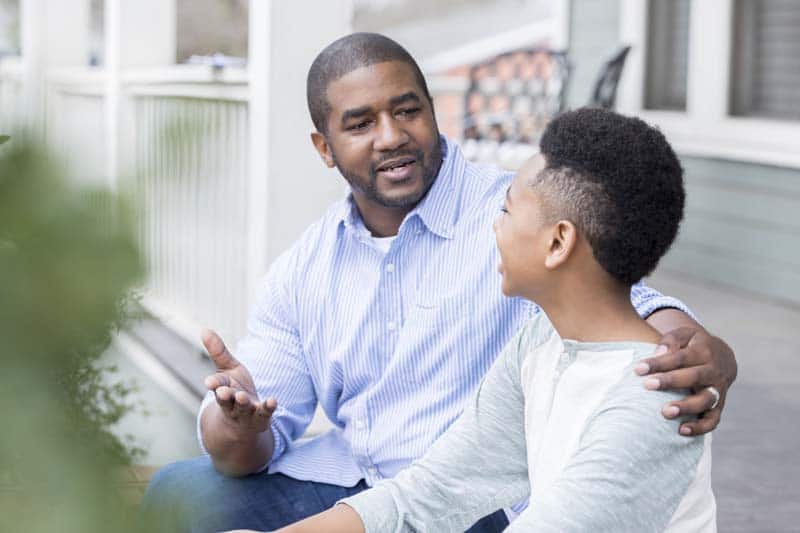Ask the Doctor: How to Help Your Child Mentally Prepare for Back-to-School
Starting a new school year typically comes with a range of emotions, from excitement to anxiousness, and kids might already be feeling this now. Between the pandemic and recent school/mass shootings, there is a lot on the minds of students and families.
The Center for Behavioral Health at Johns Hopkins All Children’s Hospital offers several tips to help families mentally prepare for back to school.
First, keep in mind that anxiety is contagious, and we need to keep ourselves calm and have a strategy for speaking with our children and preparing for this school year. Kids have many concerns right now, and they differ by age and schooling type. Equipping our kids with coping skills and support is key.
How can we talk to our kids about anxiety and return to school?
Be a good listener and encourage kids and teens to verbalize their thoughts.
- Early elementary: Keep it brief with simple information. Say things like “adults are working hard to keep you safe.”
- Upper elementary and middle school: Assist the child in distinguishing reality from rumor or fantasy, discuss what plans leaders and teachers are doing to keep them safe, remind them of how they keep each other safe and how important it is to take care of one another.
- Upper middle and high school: Discuss issues more in depth, encourage healthy interactions and recognizing others’ points of view. Provide honest, factual information and engage them in shared decision-making.
As a parent, what should I be doing? What should we be watching for as we return to school?
Talk to kids about safety, and review the school safety plan. Ensure them that the school authorities are keeping them safe. Monitor anxiety closely.
What are the signs of anxiety in kids?
- Preschoolers: Thumb sucking, bedwetting, clinging to parents, sleep disturbances, loss of appetite, fear of the dark, regression in behavior and withdrawal
- Elementary school children: Irritability, aggressiveness, clinginess, nightmares, school avoidance, poor concentration and withdrawal from activities and friends
- Adolescents: Sleeping and eating disturbances, agitation, increase in conflicts, physical complaints, delinquent behavior and poor concentration.
How can I support my child’s mental health?
Practice coping skills:
- Make deep breathing, meditation and yoga a part of the daily school routine
- Talk about emotions and how they impact our behaviors
- Focus on the positive
- Establish and maintain routines, especially routine when walking in the door from school., everything from handwashing, maybe removing clothes, to snacks and homework
- Know when concerns are escalating and begin to impact daily functioning, and reach out to your pediatrician or mental health provider
We are all anxious, but we are going to get through this new school year together. For more timely topics in pediatric healthcare, visit HopkinsAllChildrens.org/Newsroom.
*Presented by Johns Hopkins All Children's Hospital | Originally published in August 2022 of Tampa Bay Parenting Magazine.


